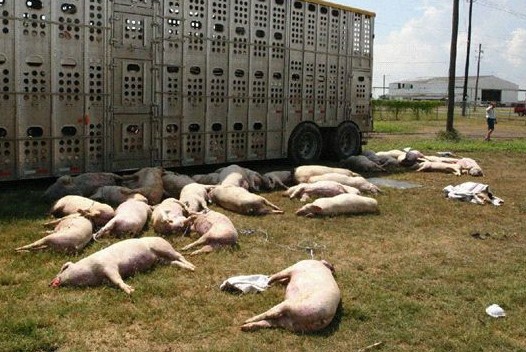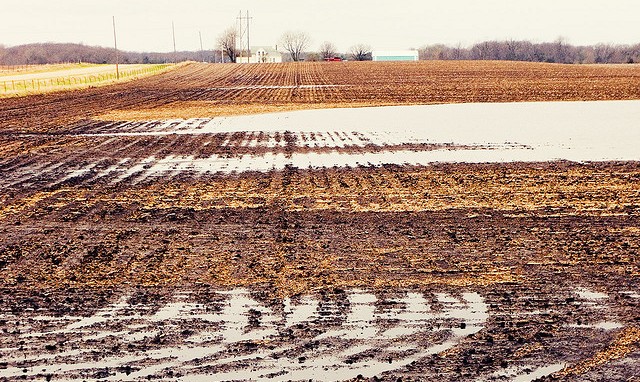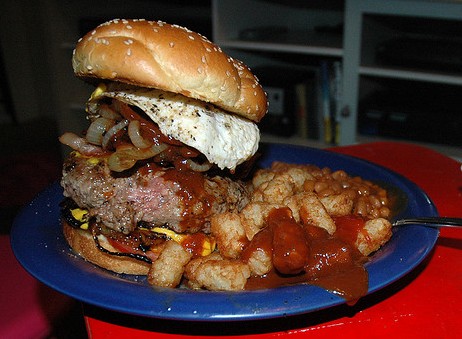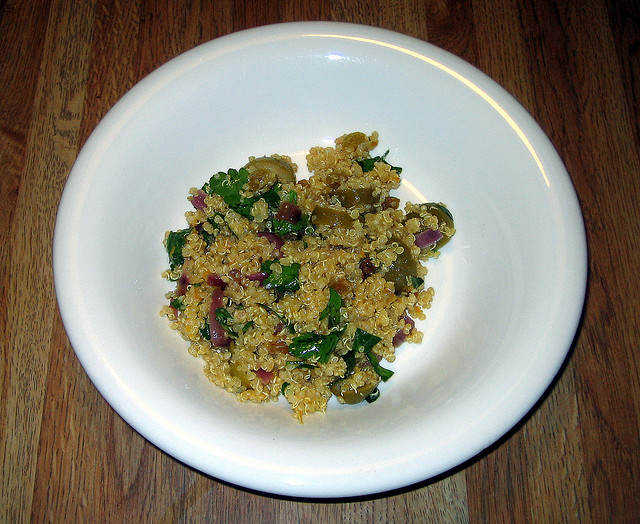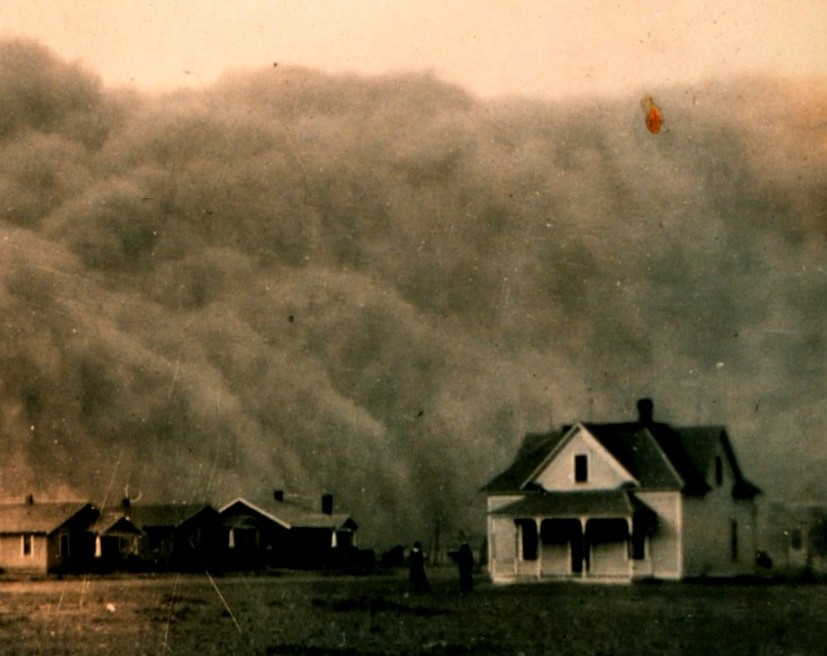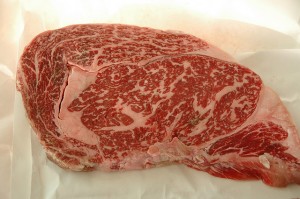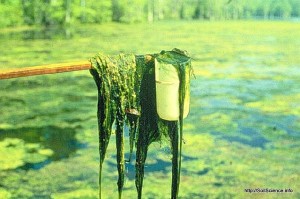
Too good to be good: perfect tomatoes cost more than any civilized nation should be prepared to pay. (Photo by Andy Wright/Flickr)
Like any compulsive gambler or addict faced with the accumulating consequences of destructive behavior, industrial agriculture responds by doubling down on the destruction; it responds, in other words, out of its illness and error, and will not change in any positive way until it hits bottom (although the behavior becomes much worse as the bottom nears). A new book illustrates this principle beautifully by focussing on a near-perfect embodiment of all that industrial agriculture has become — the tomato. In its losing struggle to provide perfect-looking, cheap tomatoes to every possible consumer, Big Ag has sunk to new lows of criminal behavior — slavery and genocide.
